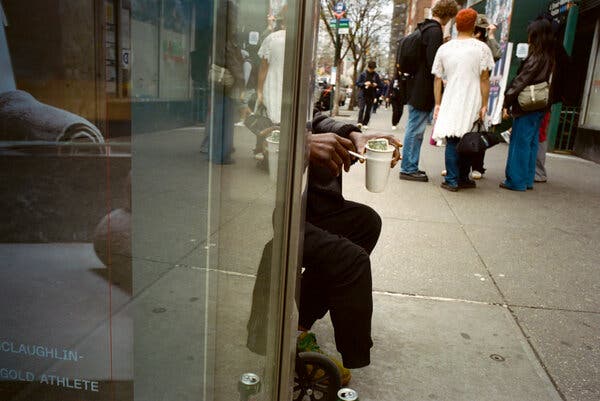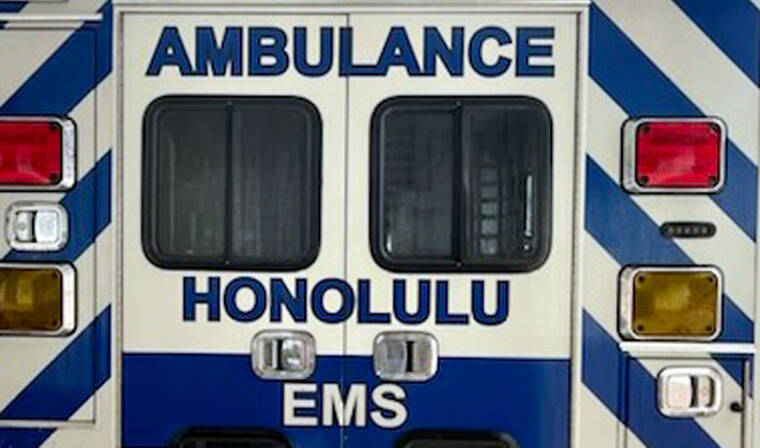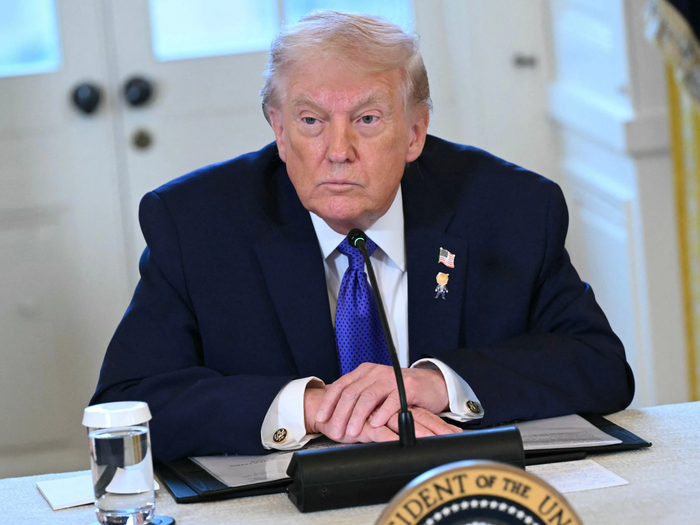
URGENT UPDATE: New Yorkers are grappling with a cashless economy that is leaving vulnerable populations behind. As digital payments surge, many are finding it increasingly difficult to navigate daily life without cash.
According to a 2022 Pew survey, approximately 60% of U.S. adults earning over $100,000 report making no cash purchases in a typical week. In stark contrast, only 24% of those with incomes below $30,000 can say the same. This growing divide is especially evident on the bustling streets of New York City, where the reliance on cash is critical for survival for many.
Rob Brender, a 55-year-old disabled man, has been panhandling in New York for nearly a decade. He typically positions himself near busy stores, hoping for a steady stream of passersby. “I can’t deal with rejection,” Brender explained, opting for a passive approach by sitting with a cup for change while listening to music. However, the cash influx he once relied on is dwindling.
Despite the crowds shopping around him, Brender reports that cash donations have sharply declined. His friend created a sign displaying a Venmo username, yet no one has utilized it. “I don’t even know how to access my account,” he admitted.
The rise of tap-to-pay technology has made transactions faster for those with smartphones and bank accounts, but it has also marginalized individuals like Brender who depend on cash. As digital payments become the norm, street performers, food vendors, and others in similar situations are struggling to adapt.
This phenomenon raises urgent questions about accessibility and economic disparity in a city known for its wealth. As more businesses adopt cashless policies, the growing concern is clear: will the most vulnerable in society be left behind in this rapidly evolving landscape?
Local authorities and organizations are being urged to address these issues immediately. As the city embraces digital payment solutions, advocates for the homeless and low-income individuals call for increased support and resources to ensure everyone can participate in the economy.
As this situation develops, it becomes increasingly important for New Yorkers to recognize the human impact of transitioning to a cashless society. The plight of individuals like Rob Brender serves as a reminder of the urgent need for inclusive solutions that bridge the gap for those who may struggle in a predominantly cashless world.
Stay tuned for updates as this story unfolds and community leaders respond to the challenges posed by a cashless economy.






